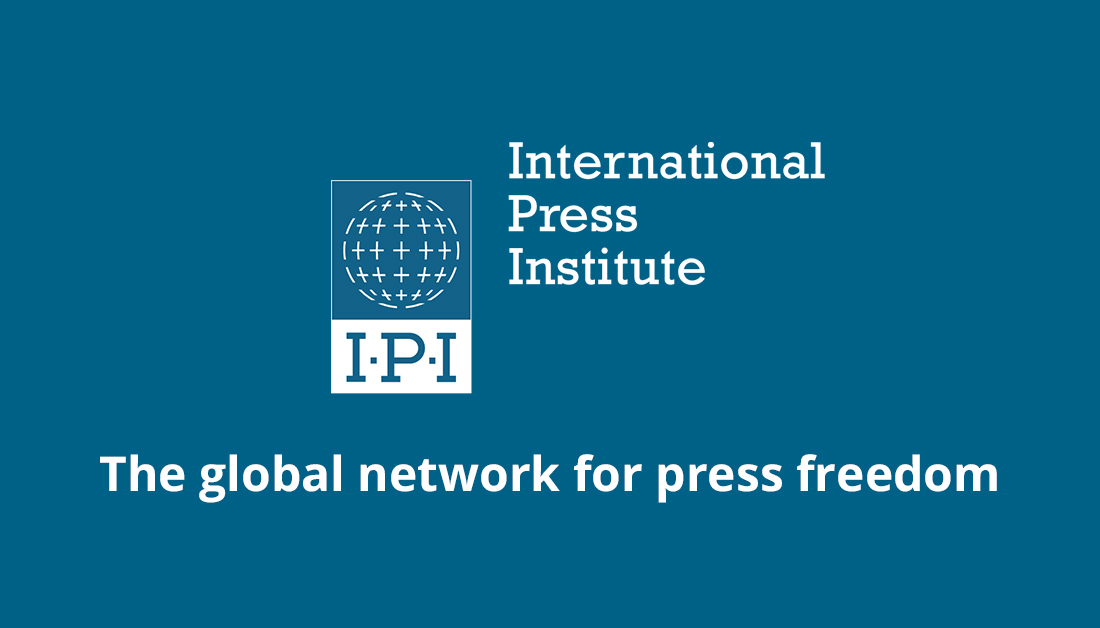The International Press Institute (IPI) Nigeria yesterday commenced a two-day training for senior journalists and editors on media law, ethics and fact-checking.
The training was aimed at encouraging verification of stories, giving fair hearing to contending parties and improved ethical standards to block loopholes that would give those in authority and other interested parties opportunity to gag the media.
The programme was themed ‘How to Avoid Slapp Suits and Remain Ethical” and was organised with support from the MacArthur Foundation.
Slapp suits is a strategic lawsuits against public participation or intimidation lawsuits targeted to censor, intimidate and silence the media or critics by burdening them with the cost of a legal defence in order to distract them.
Why we dismissed Atiku, Obi’s cases – Tribunal
Kano man returns dead father’s salary to govt
Speaking virtually yesterday in Abuja at the commencement of the capacity training, IPI Nigeria Board Chairman, Malam Kabiru A. Yusuf, advised journalists not to make themselves available for desperate politicians to spread false news.
Yusuf, who is the chairman of Media Trust Group (MTG), owners of Daily Trust, Trust TV, Trust Radio and other platforms, said: “One definition of news is the story that people don’t want to be told.
Officials call press conferences or take reporters on tours and give them facilities, so that they will tell that story they want to have.
“The story they are hiding is the story that actually makes an impact and the community should hear it. And it is very difficult to change. It has to be investigated. Journalists have to rise above certain pressures.
“And that is why critical reporting comes in, but it has to be done. Those who are doing it are the ones at the forefront of journalism. They should be commended.
“But it comes with challenges or taking time to do it in an ethical manner; not blackmailing people, given them the chance to tell their stories. So that at the end readers will say ‘yes, this is a story well told.”
Africa Director, MacArthur Foundation, Dr Kole Shettima, said: “If media organizations only depend on adverts (many of the advertisers are politicians), it may affect them from doing some stories. Independent media requires multiple and independent sources of income. There will always be challenges without multiple sources of income for the media.”
IPI Nigeria President, Mr Musikilu Mojeed, said since its establishment in 1950, it had consistently crusaded for Journalists’ rights globally.
The first paper on ‘Overview of Nigeria Media Law-from Beginning to the Present’ was presented by Maxwell Kadiri. The second dwelled on ‘Legal Loopholes Editors Must Avoid’ presented by Tobi Soniyi; the third on ‘Operational Loopholes That Can Trigger Media Repression/Lawsuits’ was presented by Musikilu Mojeed; while the forth paper was on ‘Understanding Media Codes and Ethics’ by Professor Abiodun Adeniyi.
The final paper on ‘How Media Can Avoid Government Censorship’ was presented by Malam Garba Shehu, an ex-spokesman of former President Muhammadu Buhari.

 Join Daily Trust WhatsApp Community For Quick Access To News and Happenings Around You.
Join Daily Trust WhatsApp Community For Quick Access To News and Happenings Around You.


